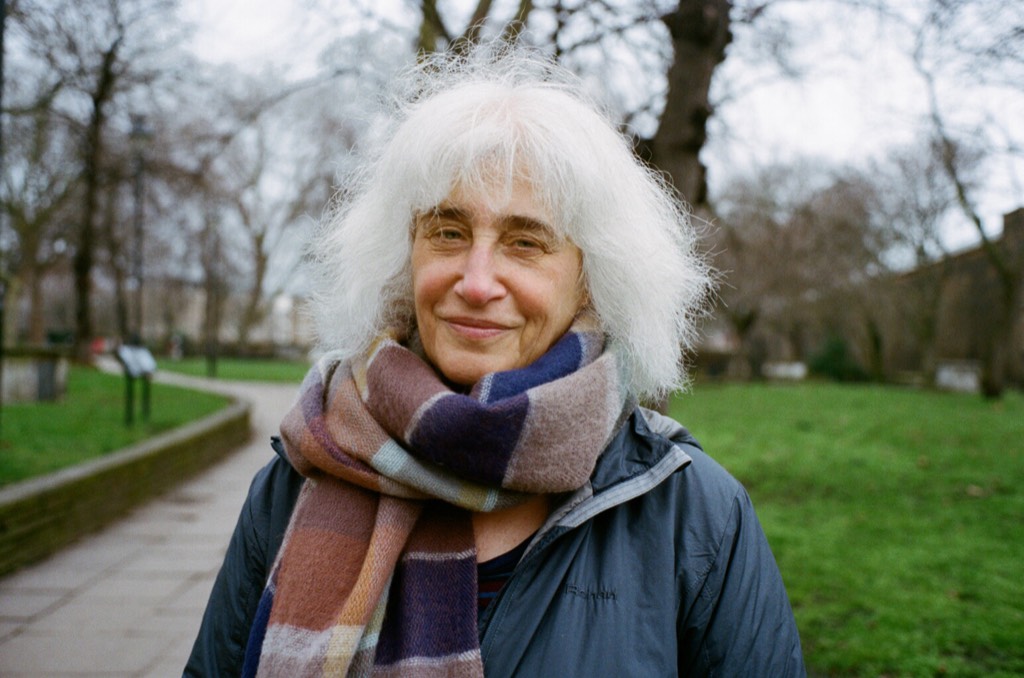Irene Schwab
But we’d do a lot of sharing of writing in the Reading Centre, we had this table in the middle of the room and everybody sat round the table, and then we’d have noticeboards around the room and, you know, our administrative worker would type up some of the work, you know, that they had written, and we’d have the work on the walls, and students would come and read what other students had written. And they might write a response, and that would go up too. And that was one of the ways in which we decided on things like what books we would publish. So, you know, if somebody wrote something that interested other people, then, you know, we’d think that as potential for publishing. And then if there were things we wanted to publish, we’d ask everybody to read them and comment on them and so on. So, the students all were used to reading each other’s work, we’d often have reading evenings where everybody would read aloud- You see that was another thing really, we didn’t want people to be ashamed of, of themselves, you know, that… We wanted them to be proud of themselves. And so we’d do things like have reading evenings, we’d go away sometimes. We went for writing weekends where we’d go away for a weekend and spend the whole, we’d go somewhere nice, spend the whole weekend writing and reading and talking and, you know, have an evening at the end where we shared everything. So, the communality and the collaboration was quite important as well.
Originally an archaeologist, Irene Schwab held a full time teaching post at Hackney Reading Centre in Centerprise between 1981- 1990, taking over from the centre’s founder, Sue Shrapnel.
Irene describes the teaching methods the reading centre used, the ideas behind them and how they published students’ writing. She touches upon the subject of whether to publish in dialect or standard English and says that they encouraged students to write in ‘the language you speak.’ At the time there were limited resources for adult literacy classes and, within a wider network that included the newspapers Write First Time and Making News, the reading centre published material to fill this gap. She talks about how the reading centre was staffed mainly by white tutors, yet served a diverse group of learners (the majority from the Caribbean) and how they attempted to change this by recruiting more tutors from ethnic minority communities.
She reflects on the measurable changes she brought to the reading centre’s organisation and structure ‘without losing its roots in the community’. She states with pride: ‘I think it was a wonderful place actually, in its time, and of its time. I was really proud to have been part of it; and privileged, really, to have worked with those students, and those teachers. To have been part of something so important and exciting.’
Interviewed by Judy Joseph.




